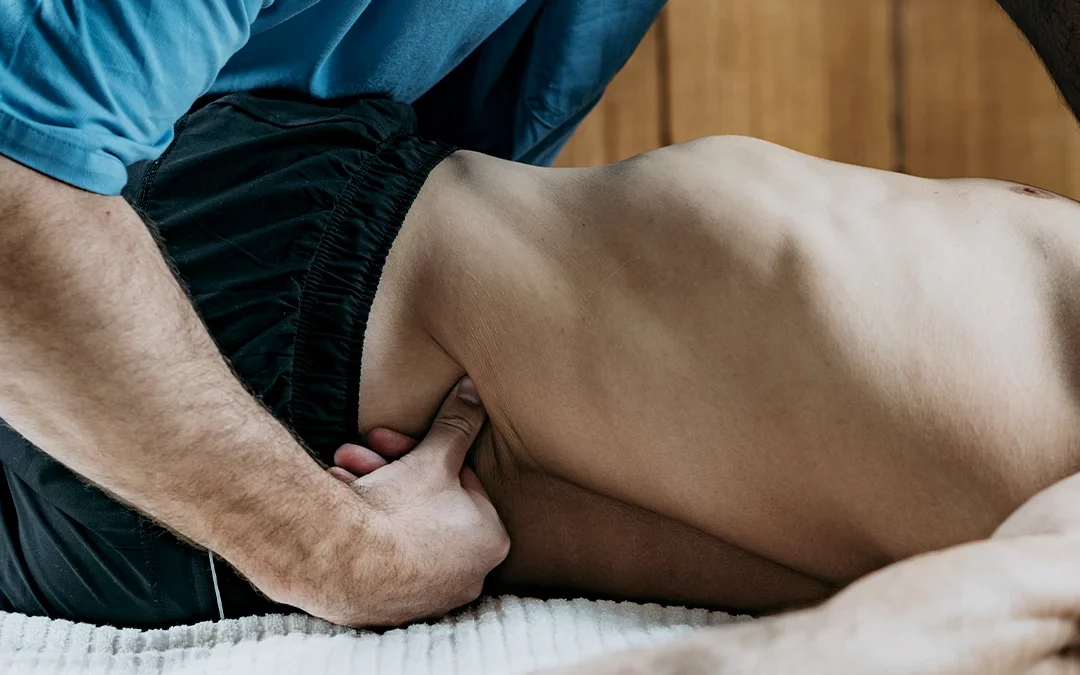Sleeping Beauty: Tips for Optimizing Your Sleep
It’s definitely a hot topic right now, and the days of “I’ll sleep when I’m dead” and being praised for holding that mantra are long gone.
Nowadays, some of the most successful people attribute their successes to a strict sleep schedule and getting as close to 8 hours a night as possible.
Personally, I really struggle with sleep, so I’ve poured hours into researching and learning about tips for improving quality and quantity of sleep.
Here are some of the easiest-to-do-right-now tips for improving your sleep:
Consistency is KEY!
• The National Sleep Foundation recommends going to bed and waking up at the same time every day. This even applies to weekends.
• This helps to regulate your body’s internal clock (circadian rhythm).
• Obviously, things come up, schedules might not allow it every single day, shit happens. I get it. But this is something to strive for getting close to.
Nail down your bedtime routine!
• It’s important to realize your bedtime routine and stick with it. Think calming activities.
• This can include reading, taking a warm bath or shower, or meditating.
• Avoiding screentime from your phone, tablet, TV, or computer once the sun goes down is IMPERATIVE. This is probably the hardest one for most people, me included. Blue light triggers the release of cortisol, which tells your body it’s time to be awake.
• A good rule of thumb is no screens at least an hour before bedtime.
Create and optimize your sleeping environment!
• It’s recommended to make your bedroom as dark as possible. I mean PITCH BLACK if possible. If not possible, get an eye mask.
• Your bedroom also needs to be cool. Keep a window open, have the AC on, whatever you need to do to keep it cool.
• Your bedroom also needs to be QUIET. Pets don’t help this one, I’m personally realizing. (Actually, I realized this a long time ago, but refused to accept it, because they’re just so damn cute).
• Having a mattress and pillow that isn’t too soft or too firm is also important.
Watch your diet and caffeine intake!
• Caffeine has a half-life of 8 hours. This means that if you have 100mg of caffeine at noon, you still have 50mg circulating throughout your bloodstream at 8pm! Isn’t that nuts?
• Avoid fatty meals and large meals in general in the evening. Lots of discussion about whether carbs or protein are better for before bedtime, but it comes down to, don’t eat large, fatty meals within 3 hours of bedtime.
• You might think having a few glasses of wine or a few beers at night helps you sleep, but it does not! It helps you fall asleep, but it negatively affects your REM and deep sleep, so your quality of sleep goes waaaayyy downhill.
Use light to your advantage!
• Getting morning sunlight or light exposure early after you wake helps to set your circadian rhythm.
• Dimming your lights after sunset helps to reinforce that circadian rhythm and tells your body that when the sun goes down, it’s bedtime.
That’s a lot of information, and I really hope it can help some of you. These are the easiest to apply immediately, but there is so much more to getting good quality sleep.
The LAST thing I’ll say:
Physical activity during the day can help you fall asleep faster and stay in a deeper sleep. If you are not able to be physically active due to injury, pain, or not knowing where to start, come see a performance physiotherapist!!
Until next time,
Dr. Michael





